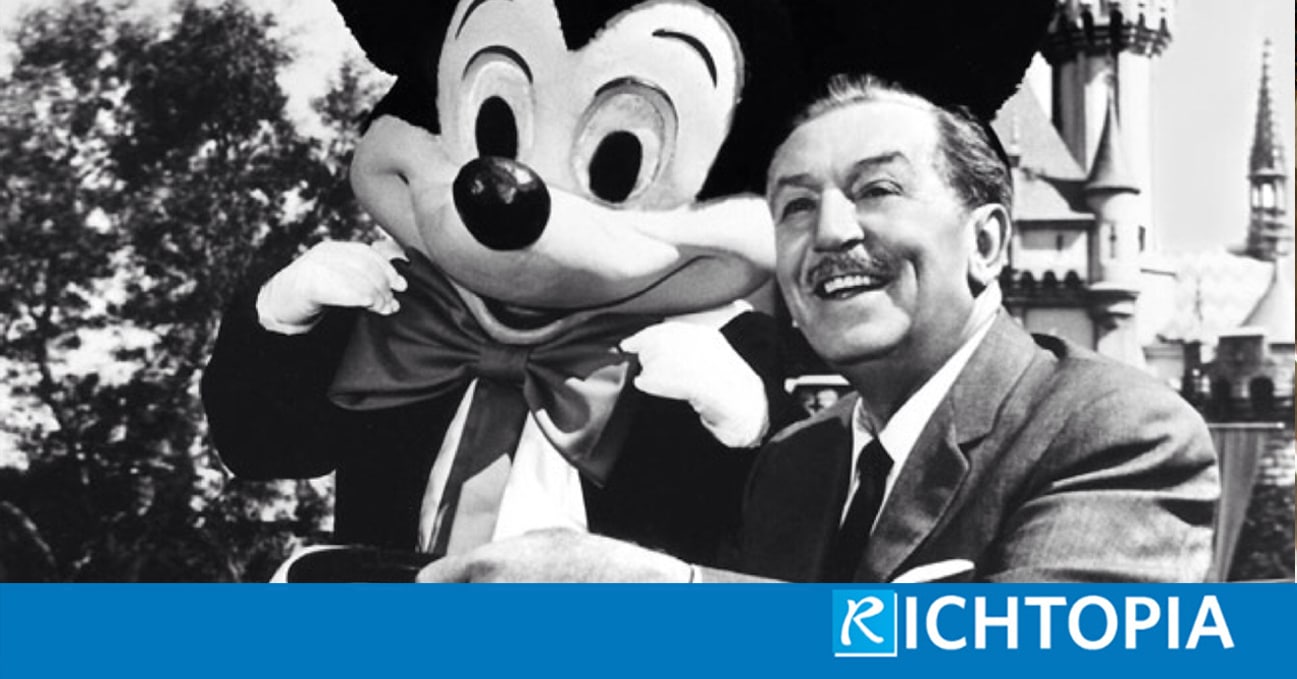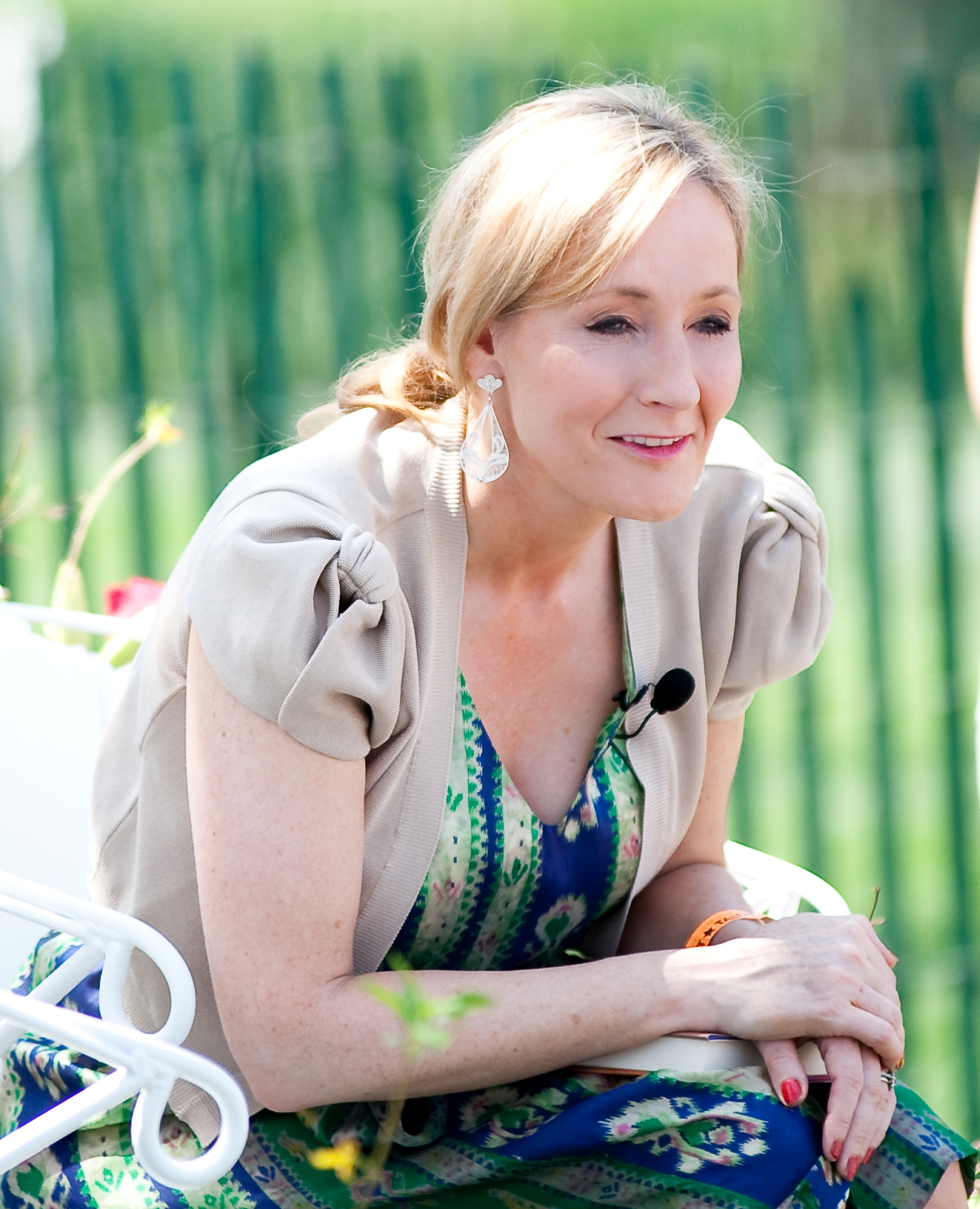Winston Churchill once said that “Failure is not fatal: it is the courage to continue that counts.” The message is that success resides in brushing off defeat and learning from your mistakes in order to propel yourself forward. Having the drive to persevere in the wake of failure is a characteristic that most people lack. Many students and young adults take leaps of faith to pursue their passions only to give up when they are criticized and demoralized.
Why Are We Afraid to Pursue Our Passions?
Western societies place heavy importance on conventional white collar jobs. This is evident through the standardization of education. Our entire lives we are primed to succeed in college. At universities, students are forced to pick one or two areas of study in which they will eventually get a full-time job. Those that stray from this path are regarded as inadequate, or at the very least disappointing.
High school and college dropouts are told that they will never be successful. Kids with inherent acting, singing, dancing, drawing or other artistic talents learn from a young age that their abilities aren’t practical. As a culture, we fail to encourage our children to follow their dreams. The problem is that we think we do, so no change is made. In actuality, it goes something more along the lines of “Follow your dreams, unless your dream is to be famous – then pick another dream.”
Because of this, hundreds of people are constantly told they’re not good enough. We force them into a mold, setting them up for failure; a circle won’t fit in a square hole. However, it’s arguably the adversity that makes achieving their dreams so sweet. As Ellen DeGeneres said, “It’s failure that gives you the proper perspective on success.” Being born into a wealthy and/or famous family usually makes for a good life, but knowing you “made it” because of your hard work and dedication, despite always being pushed down, is a feeling that only a small percent of the population experience.
Creatives Have a Tougher Career Path
Free-spirits, visionaries, and other innately artistic souls are unique. There are so few of them compared to the rest of us. They are perceived as different and not many truly understand them. Lack of understanding leads to resistance and antagonism. As humans we seek unanimity and conformity, only allowing creativity within certain bounds. When someone acts outside of the unspoken limits, it’s a red flag. Very few people are successful in the arts, so most of us accept acting, singing, etc. as impossible professions.
If it wasn’t already hard enough to succeed as an artist before, as a culture we’ve made it even harder. Instead of lifting them higher, we knock dreamers back down to reality and make them sit at a desk. Anyone seeking an unconventional career has to go against the grain to do what they enjoy. Therefore, they face endless hardships and failures.
Coping with Failure
Instead of giving up, you should celebrate and even welcome challenges. Each hurdle is more fuel for the fire – just one more reason to succeed. Instead of asking what you accomplished today, ask how you failed. Mistakes are the key ingredient to advancement. It’s the only way to learn and improve. Forbes lists five advantages of failure: clarity, champions, creativity, grit, and freedom.
- Clarity – Ironically, it is often in the most stressful situations where we think the most clearly. All of our attention and brain power is devoted to one thing at one time. Failure has the same effect. We are forced to disregard everything that doesn’t pertain to overcoming that loss.
- Champions – Going through trying times is tough, but it lets you know who your real friends and supporters are. Those who aren’t will vanish when the ride hits some turbulence. Good riddance.
- Creativity – Some people fail dozens of times before getting only a whiff of success. Figuring out how to get across or around barriers exercises your creative problem solving. In doing so, you will find yourself in a better place than where you started.
- Grit – True grit is determined by failure. Not only will you get up and dust yourself off, but you will be motivated to find what went wrong and fix it. If you never tried and failed, you would never develop the grit and moxie it takes to achieve your goals.
- Freedom – Like the truth sets you free, accepting your failures is liberating. There’s no reason to keep up a perfect appearance – we’re all human. Humbling and enlightening, failing should lift you up rather than hold you down.
Why Are We Afraid to Fail?
If there are so many benefits to failing, why is it that so many people are desperately afraid of it? It’s not uncommon for people to have critical families and teachers. They are afraid to disappoint those they look up to. Sometimes traumatic events, such as not performing well in front of an audience, causes people to stray away from trying again in order to potentially avoid those negative feelings. Luckily, there are strategies you can implement to not be afraid of failure.
How to Conquer the Fear of Failure
Evaluate all of the potential outcomes of your endeavor. Sure, there could be negative repercussions if it goes wrong. But, more importantly, it won’t come as a shock so you can prepare for it emotionally. Optimism is a stronger attribute than you may realize. Thinking positively builds self confidence, thus improving performance. Sometimes predicting the worse-case scenario is a helpful tactic. If the worse-case scenario isn’t that bad, then there is nothing to be afraid of! And lastly, have a Plan B. If one contingency plan doesn’t feel like a safe enough bet, feel free to add a Plan C and D.
There’s no doubt that famous artists, writers, poets, actors, dancers, singers, and more have employed these strategies at one point or another. It’s also possible that some are driven purely by their will to succeed. To convey that it’s possible for artists (and humans in general) to surmount any and all hardships, Invaluable put together an infographic (see below) featuring 12 creatives who faced and overcame failure. You may have heard of some of them: Vincent Van Gogh, Oprah Winfrey, and Walt Disney are a few.
Vincent van Gogh
Did you know that Vincent van Gogh only sold one painting during his life? What’s more is that he sold it to a close friend. He didn’t let that discourage him, though. Van Gogh continued to paint, finishing nearly a thousand pieces up to his death. His most expensive painting sold for over $82 million! It’s unfortunate that he didn’t achieve that fame during his life. Regardless, van Gogh is an inspiration for artists all over the world.
Oprah Winfrey
Oprah Winfrey was against all odds growing up. In addition to living in poverty, she endured physical and sexual abuse. After much pain and suffering, she fled to live with her father and became a top student at her high school. She received a full ride scholarship to Tennessee State University, but dropped out to follow her passion for media. No one believed in her. She eventually landed a job as a co-anchor where she was harassed, humiliated, and eventually fired. She pressed on to become the icon worth $3 billion that we know today. Not only is Oprah a successful celebrity, but she is also a huge philanthropist. Her story is the definition of overcoming all obstacles.
Walt Disney
Walt Disney wasn’t always a name that is recognized worldwide. Throughout his childhood, Walter Elias Disney was fascinated with drawing, painting, and photography. He was a cartoonist for his high school paper and took night classes at the Chicago Art Institute. Walt opened his own animation business and made popular cartoons called Laugh-O-Grams. This success led him to open his own studio by the same name. However, the studio had so much debt that Walt went bankrupt. Later, he partnered with is brother and former employee to start the Disney Brothers’ Studio. The first distributor they worked with stole the rights to their cartoon characters and animators. Immediately, the three produced cartoons with a new character Walt had been working on: Mickey Mouse. Initially they could not seal a deal with a distributor. Once music was incorporated into a new cartoon short, Steamboat Willie, they found huge success. It’s unlikely that the Walt Disney company would be one of the largest media corporations if Walt hadn’t been forced to rise and conquer.
Albert Einstein
Albert Einstein is the epitome of unorthodoxy. He couldn’t speak until he was about four years old and he couldn’t read until he was seven. His parents thought that he had developmental problems. However, he started teaching himself higher level math and science concepts when he was about ten years old. He liked to do things his own way rather than conform to the education system. Albert skipped classes he didn’t enjoy, copied notes, and was known for being rebellious. His lecture style was informal and quite unlike other professors’ structured classes. In fact, his application to be a professor in Prague was not approved initially. In spite of his non-traditional tendencies, his theories and works have contributed a great amount to modern physics. He was so ahead of his time that many of his achievements and predictions weren’t fully appreciated until years later. It was his view that “once we accept our limits, we go beyond them.” Albert Einstein is an excellent example of someone who stays true to themselves to realize their vision.
J.K. Rowling
Joanne Rowling, who goes by the pen name J.K. Rowling, is a widely acclaimed author, screenwriter, and even playwright. You’re probably familiar with her famous Harry Potter book and movie series. Before she reached international fame, she was a single mom living in Scotland. Being a single parent is no easy feat, and it’s a role that far too many of us have to assume. Often the parent pushes aside their own desires to focus on taking care of their child. J.K. Rowling, however, wrote her first book, Harry Potter and the Sorcerer’s Stone, while single-handedly raising her youngster. She discovered that finishing the book was only half the battle as she was promptly rejected from 12 major publishers. Finally, her book hit the shelves in 1997. The book was an international sensation, paving the way for the other six Harry Potter books as well as a play and movie taking place in the same wizarding world. J.K. Rowling is the first person to become a billionaire through book writing. She is proof that if your dream seems possible, it probably is not big enough.
Dr. Seuss
Theodor Seuss Geisel’s first famous books, The Cat in the Hat and How the Grinch Stole Christmas, were published in 1957. Even though that was over 60 years ago, his books are still favorites among children. Parents also enjoy the nostalgia of the books because it reminds them of their childhood. But, like most creatives, Dr. Seuss had a rough start. Out-failing J.K. Rowling, his first manuscript, And to Think That I Saw It on Mulberry Street, was turned down a whopping 27 times. It was finally published in 1937, with his next published works following 20 years later. Dr. Seuss published over 60 books, of which 600 million copies have been sold in 20 different languages. He is authentication to aspiring writers that if you fail the first time, try, try again – even if it takes 27 attempts.
Summary
These figures encourage us all to follow our passions. True determination will overcome any challenge. Next time you’re looking in the face of failure, remember that you can either give up or defy it. Confronting losses head on will only make you stronger and wiser.
Check out the infographic below from Invaluable for more examples of famous creatives that survived and thrived regardless of their failures. The infographic also includes a motivating quote from each artistic leader that is awe-inspiring.








